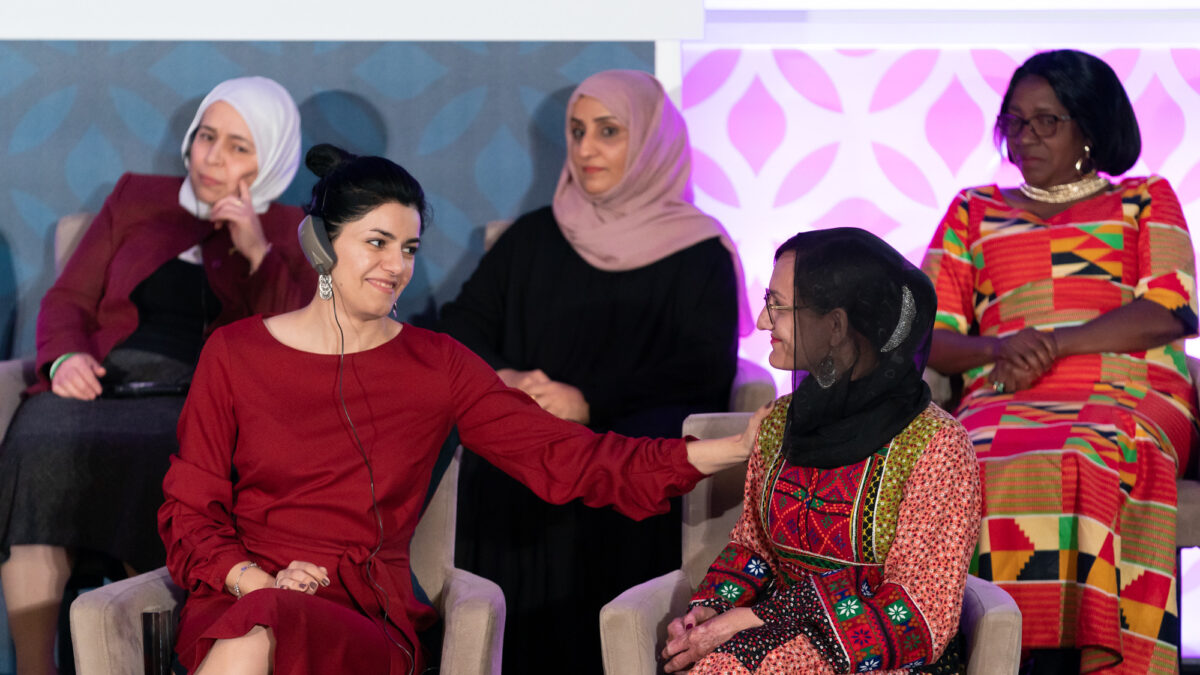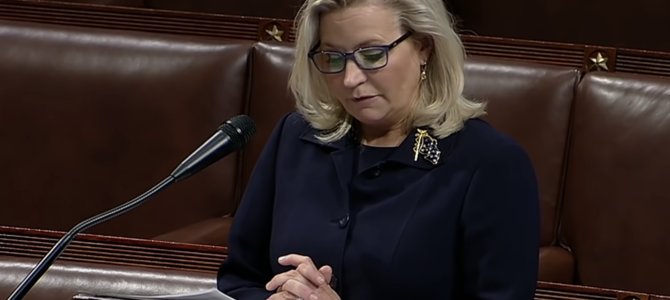
When the combat exclusion for women was lifted in January 2013, I was very happy, as a woman and as a feminist. Women who volunteer to join the armed forces should also have the right to volunteer for infantry, armor, and artillery occupational specialties, given physical standards will remain high and bar both men and women who are not qualified for combat. In other words, if a woman has chosen this path and can meet the standards, why would we deny her the right to fight for her country? There is no reason we should take this choice from her.
How unsurprising, then, that the commandant of the Marine Corps—the service that went kicking and screaming to the bitter end about excluding women from their ranks—was the one who chose to start a debate over Selective Service Registration for women. The Senate vote yesterday on the National Defense Authorization Act—85 to 13—raised the ante. This is an old political trick, designed to undercut a consensus by splintering it.
We’ve seen quite a few splinters. Republicans are all over the place on the issue, with Sen. Ted Cruz utterly rejecting the idea, stating it was “nuts,” and “The idea that we should forcibly conscript young girls into combat to my mind makes little or no sense,” but John McCain and Jeff Sessions are all for it. On the Democratic side, Hillary Clinton recently came out supporting female conscription, Sen. Claire McGaskill agrees with the generals, and Sen. Bernie Sanders has remained studiously mum. The commandant must be elated to have created such a large amount of shrapnel at no cost to himself.
But the entire brouhaha panders to a false assumption the Marine Corps commandant made. Until we name and acknowledge that false equivalence, we cannot have an effective debate on the issue.
What is that false assumption? It is that women are not already drafted. Of course women are already drafted! We just refuse, as a society, to acknowledge that fact. So let me acknowledge it here, in the hopes that will promote more meaningful debate over such an important national policy issue.
Women Also Secure the Nation’s Present and Future
My thesis is simple: women already sacrifice more for their country than men do, whether we are speaking of blood or of treasure. To see how this is so, let us step back for a moment and consider the overarching task of national survival that is at the heart of all security policy. At a minimum, there are two critical tasks: the nation must secure its present and it must secure its future.
To secure its present, a nation must provide for its own protection, even physical protection in the form of armed forces whose members are willing to lay down their health and even their very lives if necessary to counter threats to the nation’s security. This is an honorable and critical task, enshrined in our Constitution as a basic responsibility of our country’s government. But securing the present is not enough for a nation to survive. A nation must also secure its future.
That first means the nation needs a next generation of citizens. Unless and until modern technology provides an alternative, the task of physically providing a next generation to secure a nation’s future rests solely in the wombs of American women. We women are drafted in this cause, because men are physically incapable of the task.
This draft has real consequences for the draftees. Women offer to lay down their health and even their very lives that their nation might have a future in the new citizens women’s sacrifices bring into the world. That we have not seen this as a patriotic service on a par with men’s service in combat says more about our society than it says about the reality of women’s valuable service to our country.
Indeed, consider that in the history of our nation, from 1776 onwards, vastly more women have died or been seriously harmed in or incident to childbirth than men have died or been wounded in battle. Approximately 1,200 American women die in childbirth every year, with almost 60,000 seriously wounded and suffering seriously physical harm, such as acute renal failure, stroke, heart failure, or aneurysms. Indeed, the maternal mortality rate in the United States is now double what it was 25 years ago (it’s now 28 per 100,000 births).
These are not gentle deaths, either. My world was shaken a decade ago by the death of a young woman who was my neighbor. After a painful delivery, she bled to death on her hospital bed, the sheets soaked with her blood. She had literally laid down her life, suffered and died, to bring forth a new American, and in the process left three children without a mother. My friend paid the ultimate sacrifice. Please don’t tell me her death was any less of a sacrifice for our nation’s future than the deaths of soldiers abroad. We don’t see these deaths for what they are simply because these are not men’s ways of dying gloriously.
Consider that combat deaths among U.S. troops in Afghanistan and Iraq total a little over 5,000 since 2001; in that same time period, at least 18,000 U.S. women died incident to providing a future for the nation these soldiers defended. We have all seen many, many monuments to great generals and unknown soldiers in our land. But there is only one monument—hidden in the back yard of a church in Pennsylvania—to all of the American women who died in childbirth to give our nation a future. Just one! There is now a movement to erect a National Mothers’ Monument to give tribute to these women and the ultimate sacrifice they offered. We cannot honor what we will not see.
This is not even to mention the “mommy tax” of having a child on a woman’s lifetime earnings, which can amount to more than $1 million. Indeed, the greatest risk factor for being poor in old age in the United States is to be a mother (not a father). Women make not just a physical, bodily sacrifice, then, but a profound economic sacrifice as well. Here, too, we cannot honor what we will not see.
Why Would We Make Women Shoulder a Double Burden?
What we don’t see is preventing us from having an effective discussion on Selective Service registration for women. If we do see the immense and disproportionate sacrifice of blood and treasure by women in this country, why would we ask women to bear a double burden? Shouldn’t there be parity between men and women in the work of protecting our country and giving it a future? Selective Service registration for women would undo that parity by placing a double burden of sacrifice on women.
Remember, too, there’s a G.I. Bill for all the soldiers who volunteered to lay down their health and lives for their country, so soldiers are not asked to make both an economic and physical sacrifice for their country. There’s no such bill for the mothers. That’s because, I am told, women choose to have children; no one forced them to. Of course, in today’s all-volunteer army, soldiers choose to fight for their country; no one forced them to, either. But somehow a soldier’s blood and a soldier’s sacrifice just seems so much more precious than the blood and sacrifice of a mother—which to my feminist mind is just so very wrong on so many levels.
This is not to mention the fact that due to systemic inequality in power between men and women, women have not, until the 1990s, ever had a seat at the table when the decision to go to war has been made. (They also still aren’t at the table when the decision to end war is made, either; women are not at the Afghan peace talks table, nor the Syrian peace talks table.) Unless we are ready to talk about parity quotas for women in the national legislature, how could male decision-making about this matter ever be considered legitimate? As Rudyard Kipling put it in his poem, “Female of the Species”:
So it comes that Man, the coward, when he gathers to confer
With his fellow-braves in council, dare not leave a place for her
Where, at war with Life and Conscience, he uplifts his erring hands
To some God of Abstract Justice—which no woman understands.
We women know it may be our fate to die for our country’s future not on some foreign shore, but in labor on a hospital bed right here in the States. But most of our countrymen simply do not have the eyes to see. They insist that the only measuring stick worth using is the measuring stick men use—which does not even register what women do. For example, one commenter wrote, “Until women can be drafted and forced to die in battle just like men have for centuries, we will not have true equality between the sexes.”
I say, until men can die in childbirth just like women have for centuries, women should not be drafted and forced to die in battle also—that would mean women would be given a burden double compared to men in securing the nation’s future. This double burden would deepen the inequality between men and women, counting as valuable only what men value, and doing so in a context where women are not equally represented when these momentous decisions are made.









